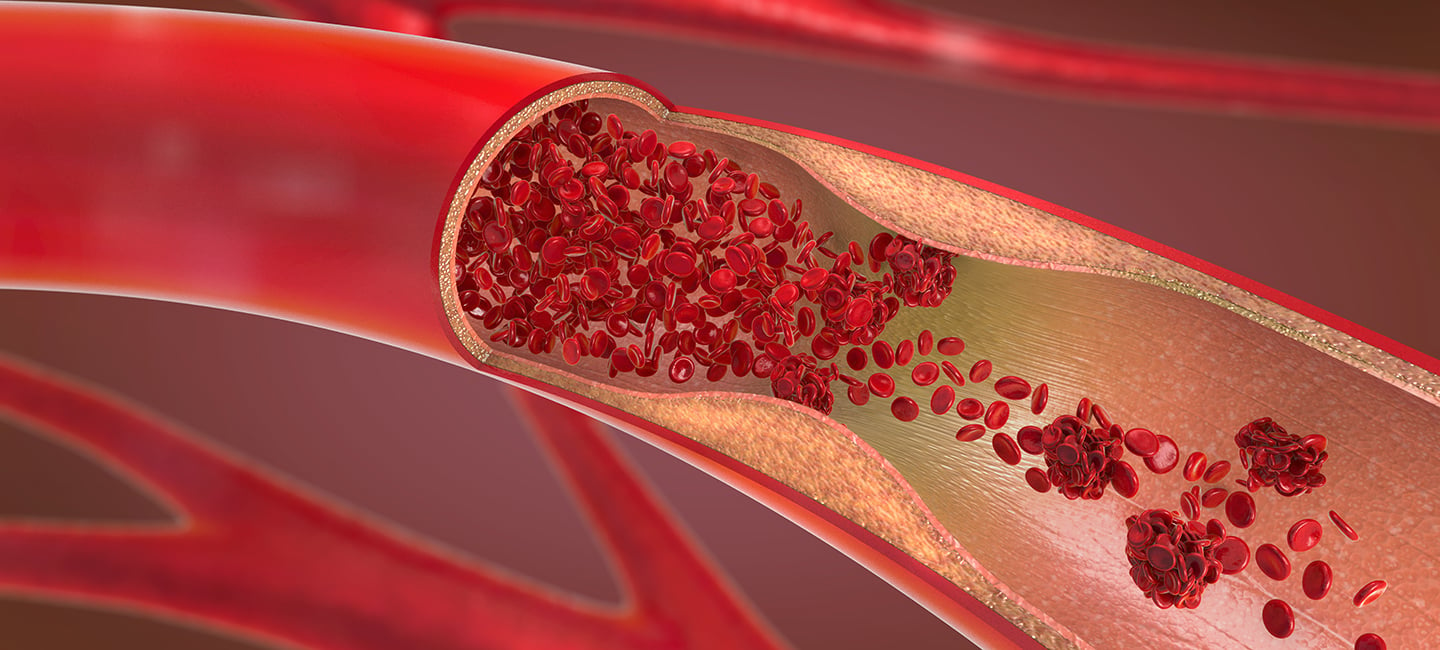Combination Therapy for Myelodysplastic Syndromes
Patients with a blood production disorder called myelodysplastic syndromes, or MDS, have difficulty making different types of blood cells. For MDS patients who are unable to produce enough healthy red blood cells, anemia can set in requiring blood transfusions to maintain their health. But transfusions come with risks, can be costly and take time.
For this group, often classified as lower-risk MDS, the effects of anemia can sometimes be lessened by increasing production of mature red blood cells with drugs known as erythropoiesis-stimulating agents (ESA), including epoetin-alfa or recombinant-erythropoietin. However, these patients can often become resistant to the therapy over time and relapse.
Research is underway at Moffitt Cancer Center to determine whether a combination of drugs might help. The study combined epoetin-alfa with lenalidomide, an immunomodulatory agent that helps improve blood cell production. The goal was to see if this combination therapy would result in sustained blood transfusion independence (what’s known as major erythroid response) for a subset of low-risk MDS patients who do not have a chromosome 5 abnormality (low-risk non-del(5q) MDS patients).
Results from the randomized phase 3 ECOG-ACRIN E2905 study were presented at the 61st American Society for Hematology (ASH) Annual Meeting in Orlando, Fla.
For this study, 195 low-risk non-del(5q) patients were randomized into two groups – treatment with lenalidomide only (96 patients) and treatment with lenalidomide plus epoetin-alfa (99 patients). After 16 weeks, patients who received the combination therapy of lenalidomide plus epoetin-alfa had better major erythroid response rates compared to those treated with lenalidomide alone, 28% to 11% respectively. Additionally, the overall erythroid response, meaning patients who had a favorable response to the therapy, was significant – 46% to 31% respectively. This is important because patients selected for the study were insensitive or had resistance to prior ESA therapy.

Dr. Alan F. List, president and CEO, Moffitt Cancer Center
“Our study shows that lenalidomide can help certain MDS patients overcome resistance to ESA therapy and have clinically meaningful duration of independence from blood transfusions,” said medical oncologist and Moffitt President and CEO Dr. Alan List, who presented the results at the ASH meeting. “Patients in the combination therapy arm of the study saw independence from blood transfusion for almost two years, while those in the lenalidomide monotherapy group needed intervention at a median of 13 months.”
For these patients, an additional year without the need for transfusions would be a considerable benefit.



